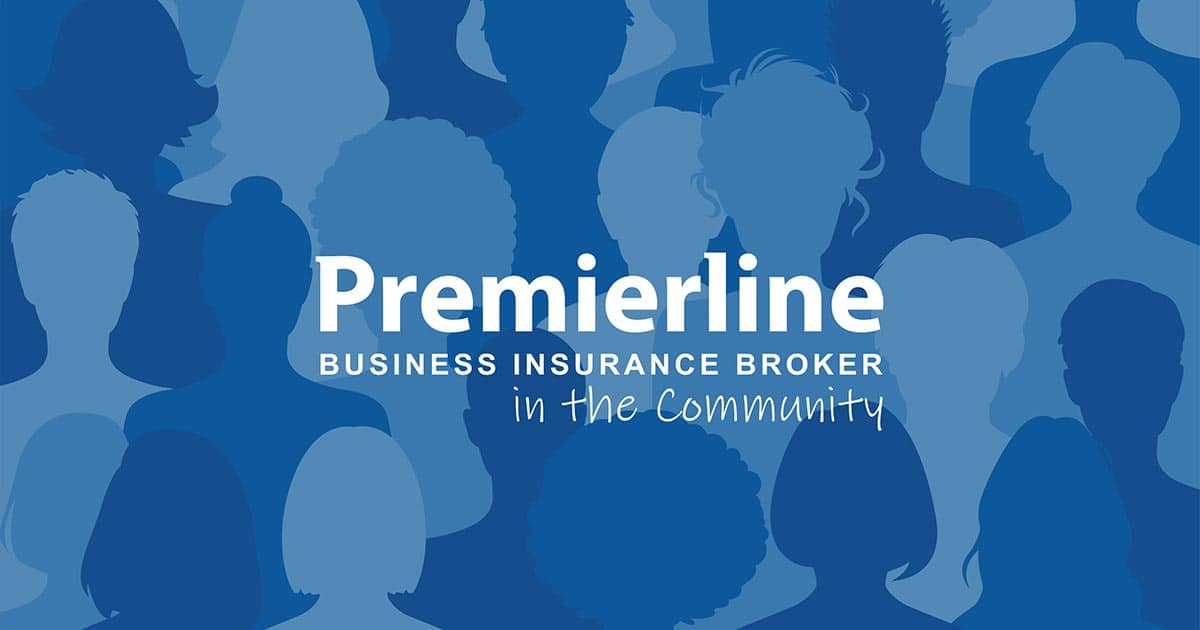With the start of the new tax year, small business owners will be looking to 2024 and beyond to think about how business tax may impact their finances. In this guide we’re going to help you clear up some of the questions you might have such as; what is business tax, and how much is business tax?
Small businesses have a lot of different things to consider when it comes to paying tax. From corporation and capital gains tax, to VAT and tax allowances, the tax world is often a tricky one to navigate. One key thing to remember is that the way your business is registered will determine the way you need to pay your taxes, for example a sole trader will owe tax differently to that of a limited company.
If you’re ever in doubt about your taxes you should seek help from a qualified accountant or contact HM Revenue & Customs (HMRC) directly. Ultimately getting your tax wrong, even if it’s accidentally, could lead to your business being liable to pay fines and large interest sums, or perhaps even undergoing criminal proceedings in extreme circumstances.



















